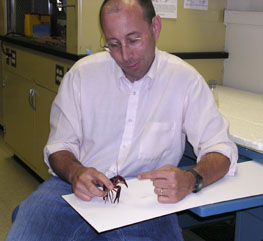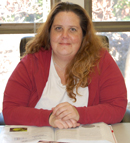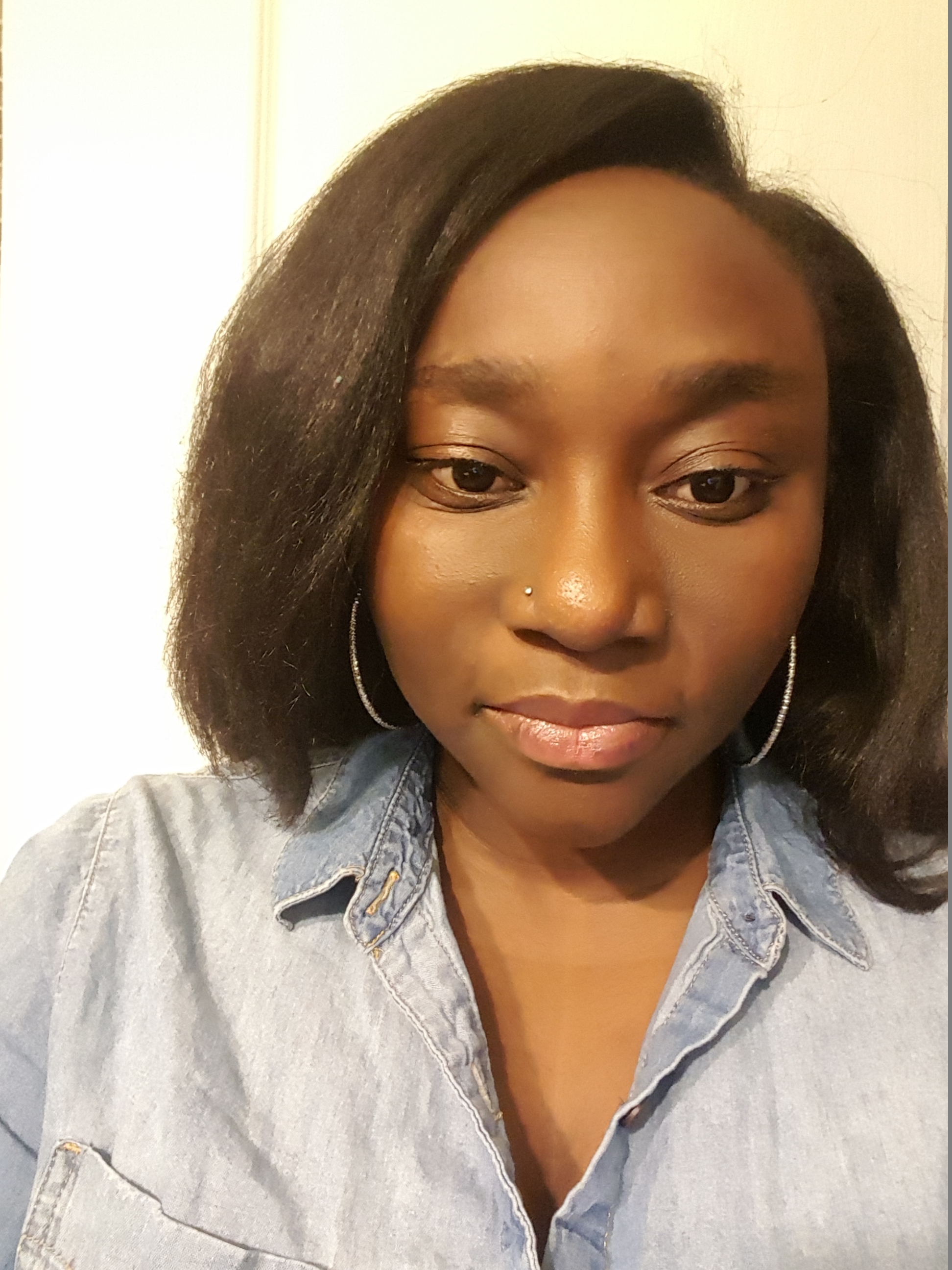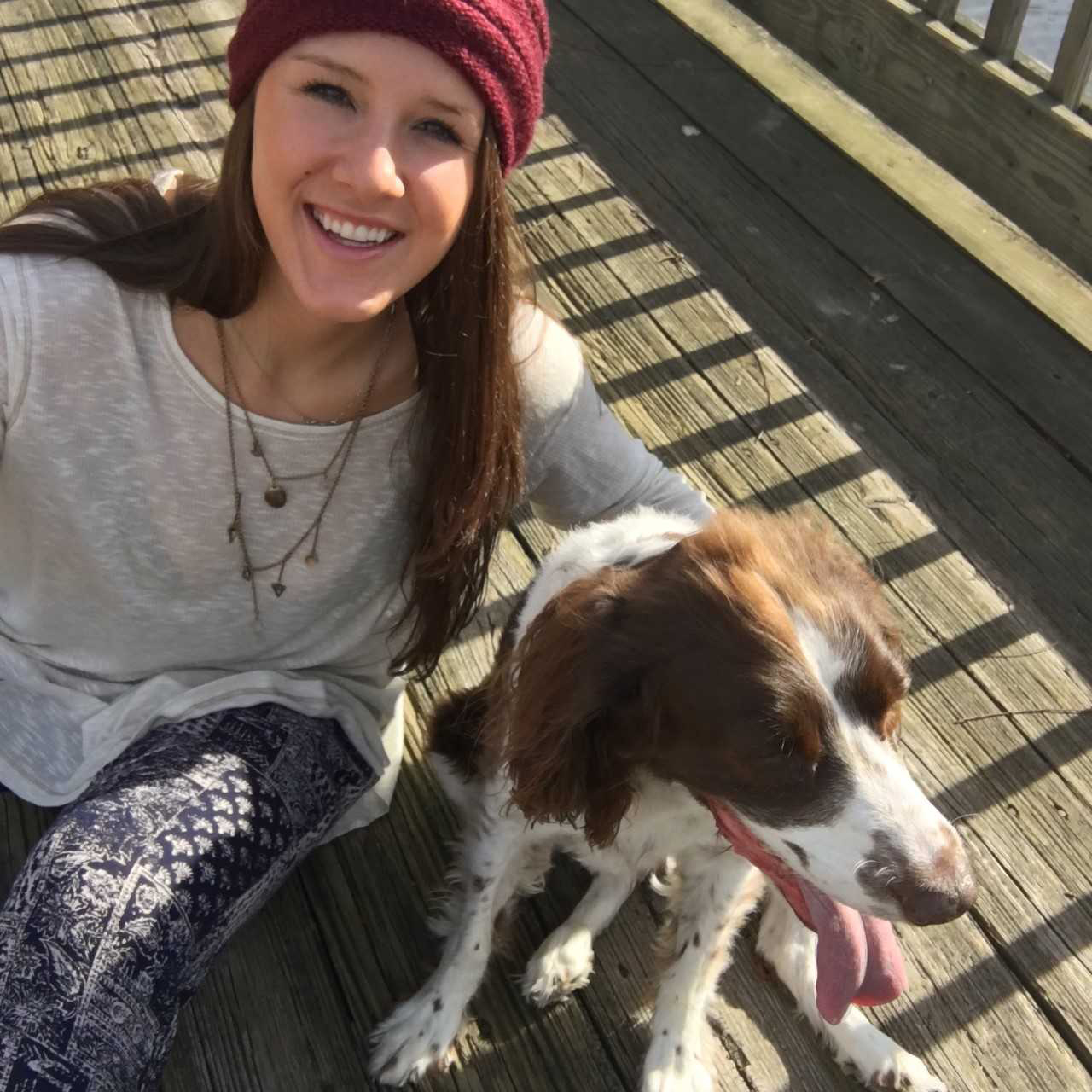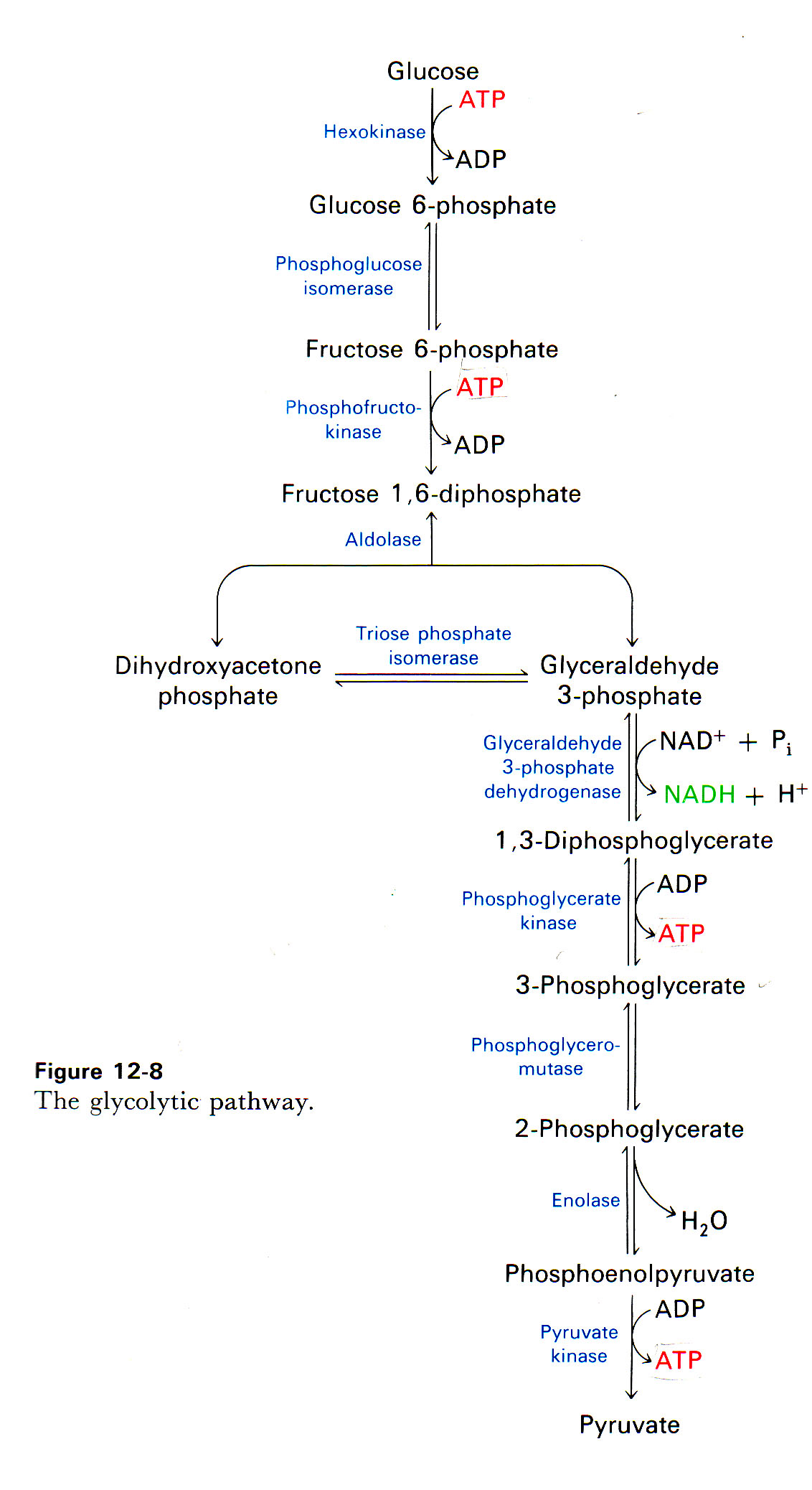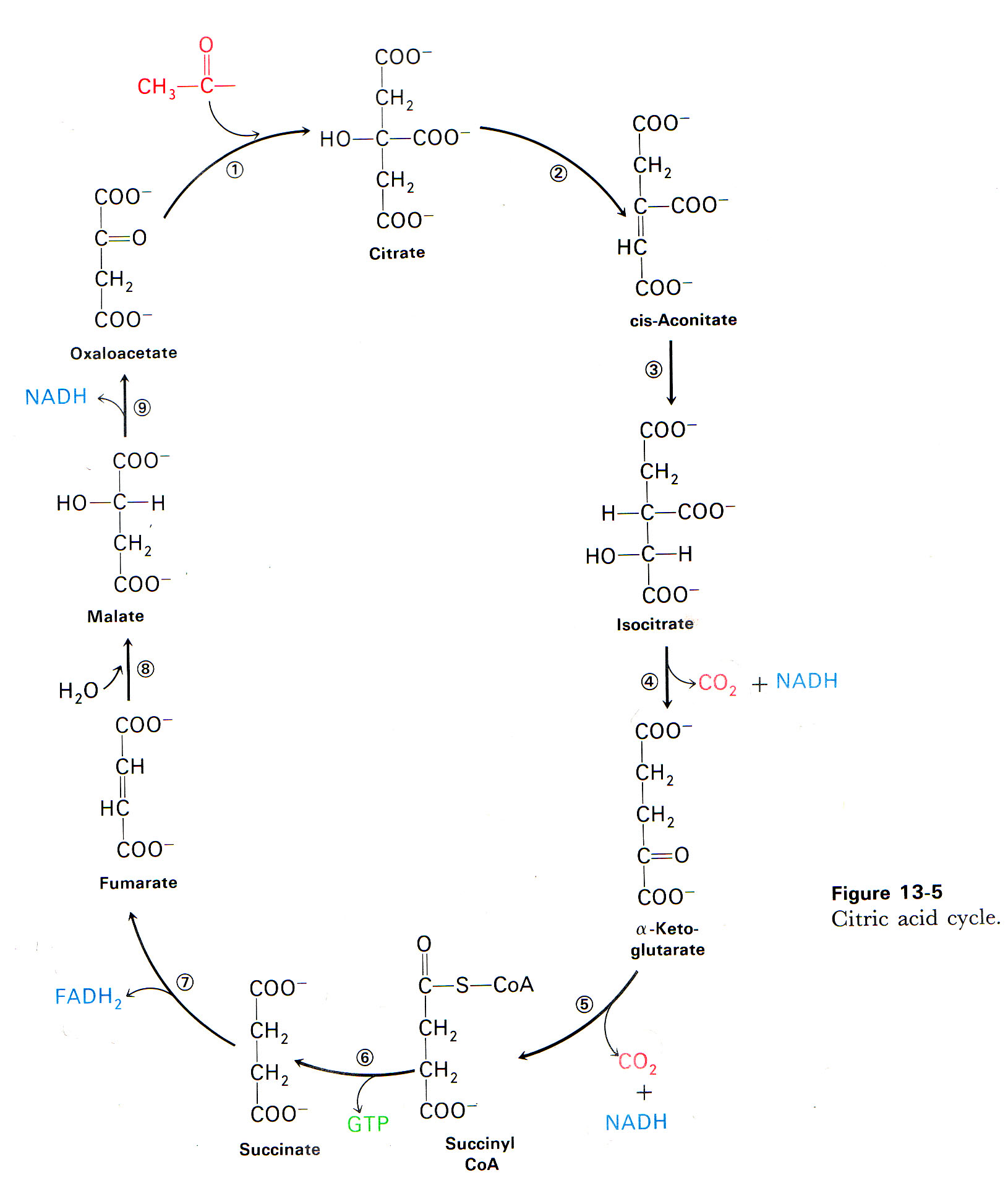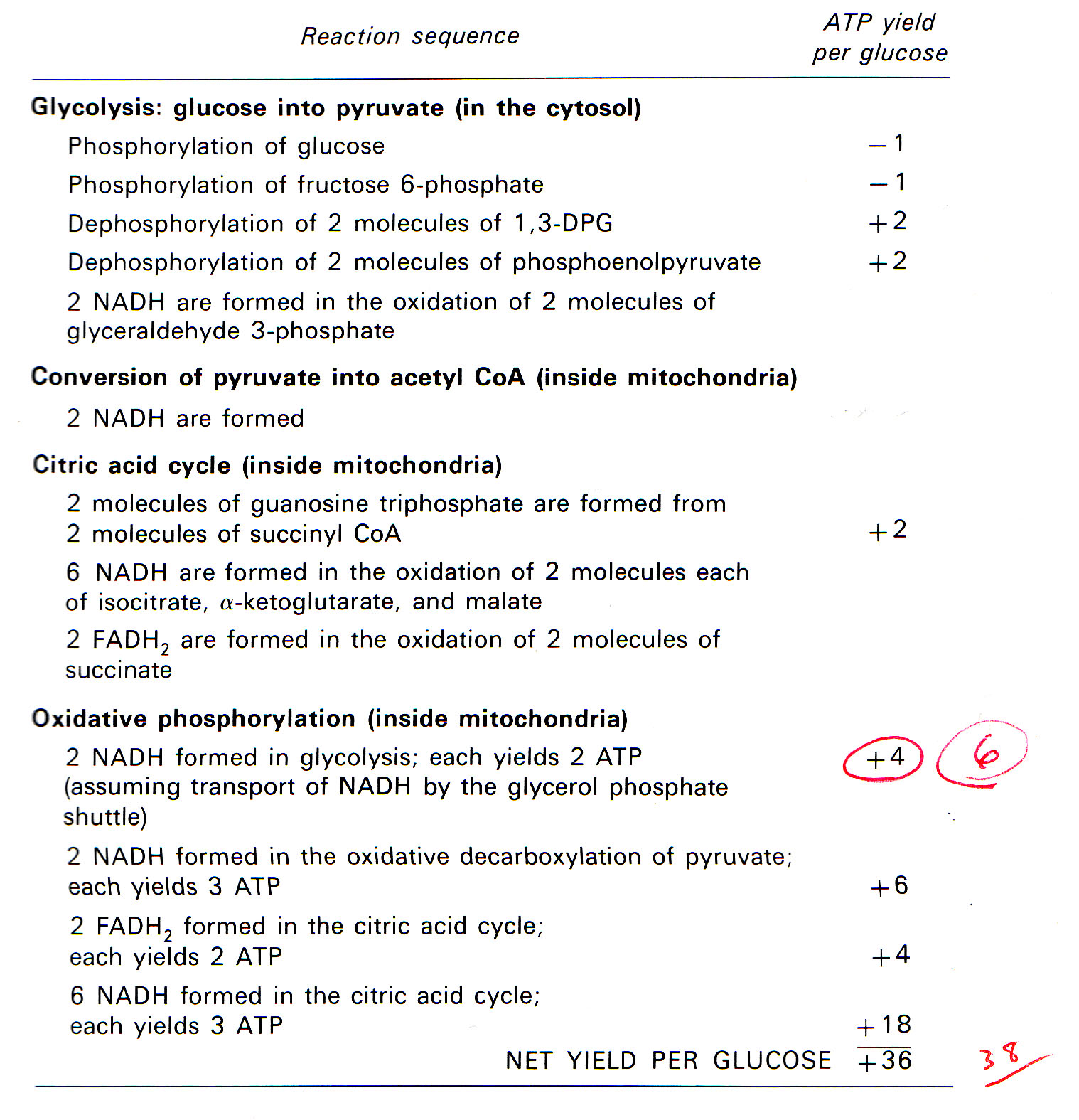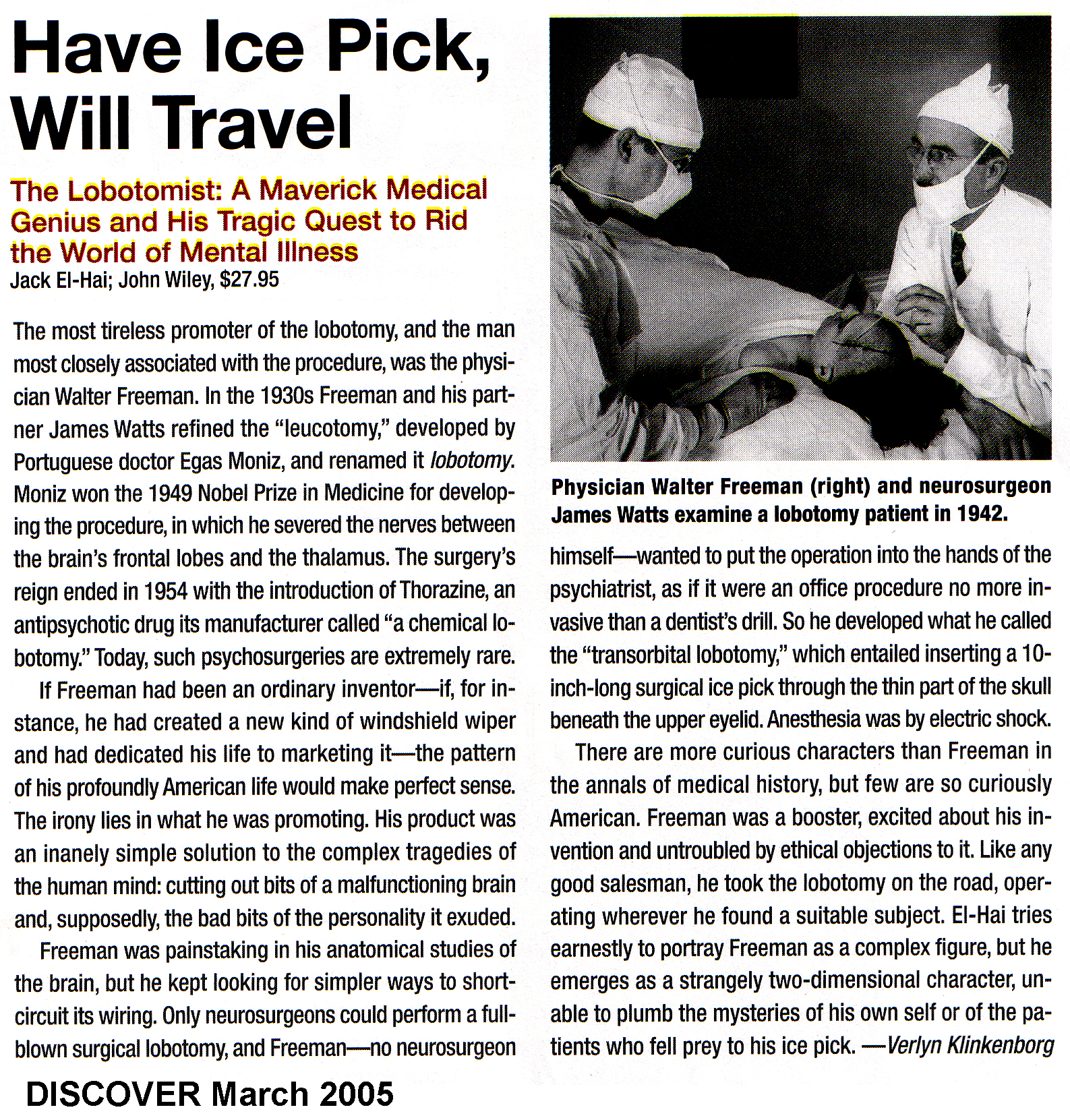|
BIO350: Lecture
Schedule for Bio 350, Spring 2020, Sections 1-4
THIS SCHEDULE MAY
CHANGE AS WE GO ALONG. So updates will be posted in Canvas as well as
here on web page.
Lecture,
Day, Topic Reading
1 1/16 How one
learns. Homeostasis, Krogh principle Introduction to course and physiology.
(Why comparative physiology-PDF)
( ms word file of looking up stuff)
Can't focus while studying.... turn
off Facebook, texting and listen to this
and read book.
Stress relaxation
here and here.
2 1/21 Molecules,
Energy and Biosynthesis Movie-----
about COPD and O2 therapy (checkout
this blog) and here is an Article (PDF)
3 1/23 Membranes,
Channels and Transport/ Physical basis of neuronal function
4 1/28 Physical
basis of neuronal function
Cool YouTube/Ted talk
5 1/30 Physical
basis of neuronal function
6 2/4 Communication
along and between neurons
Chill out a bit with this here
7 2/6 Communication
along and between neurons
8 2/11 Communication
along and between neurons
9 2/13 Sensory
Mechanisms. lecture quiz !!!!!!!!!!!!!!!!!!.
You can
do it.... think of this mouse (here)
10 2/18 Sensory
Mechanisms (Review day in class)
11 2/20 EXAM
DAY in lecture
LABS WILL MEET THIS WEEK (No pre lab test) FOR
SECTIONS 1-4 - fun lab activities-
content will be tested on.
12 2/25 Sensory
Mechanisms/ Organization of Nervous System
.....Muscle (Muscle
man Youtube Muscle
man EMG music )
13 2/27 Muscle
& Behavior
14 3/3 Muscle &
Behavior
15 3/5 Cardiovascular
In case you need
to chillout and relax from stress go
here
16 3/10 Cardiovascular.
17 3/12 Endocrine
...Hypothalamus-Pituitary. 2nd Quiz on line in Canvas ( 2nd part of the behavior content- ECHO360) (1st part of Circulation- ECHO 360)
3/17-3/19
No class, Spring break
18 3/24 Thyroid,
parathyroid, adrenal and pancreas ( 2nd part of circulation-ECHO360, short 3rd part of circulation-ECHO360)
19 3/26 Cont. Endocrine (ENDOCRINE-ECHO360; neat clinical aspects of Endocrine -Echo 360) Medical ppt
Links used : https://mymonthlycycles.com/menstrual_cycle.jsp
20 3/31
EXAM #2 (Tuesday) MOVED TO APRIL 9th due to UK being on a "on line" system
To relax this weekend
you need to play music and study these web sites
https://en.wikipedia.org/wiki/Einthoven%27s_triangle
http://courses.kcumb.edu/physio/ecg%20primer/ecgaxis.htm
21 4/2 Respiration
(ECHO 360 for respiration)
22
4/7 Respiration
A very cool YouTube clip sent by your last year classmate: It is 4 minutes
long and definitely a good watch. https://www.youtube.com/watch?v=YDspP4BhlTw
23 4/9 Respiration EXAM #2 (Thursday)
24 4/14 Respiration/
Ionic and Osmotic Balance (ECHO 360 for all of OSM and RENAL)
https://abg.ninja/abg
http://www.rnceus.com/abgs/abgmethod.html
Ion Normal blood
concentration range (mmol.L?1)
Sodium 135-145
Calcium 2.1-2.8
Potassium ~3.5-5.0
Chloride 95-105
pH 7.35-7.45
pCO2 35-45
HCO3- 22 to 26 mEq/liter ( some other sources 21-28 mEq/L)
25 4/16 Ionic and
Osmotic Balance
26 4/21 Digestion
/ Heat and adaptations (ECHO 360 for all of GI-digestion)
( gut
brain connections) (current
article on poop) (also drugs & the
GUT)
27 4/23 Digestion
/ Heat and adaptations / Catch up ; QUIZ 3
28 4/28 Heat and
adaptations (ECHO 360 for heat and adapations)
29. 4/30 Reproduction/thermal
regulation;Catch up & Exam review
Chill
out a bit with this here
& have a good break here
A
litte more chill'n here
......Wednesday
5/6......10:30-12:30 AM ....FINAL EXAM.
Cumulative with emphasis on last 3rd section of class
https://www.uky.edu/registrar/spring-2020-final-exam-schedule
BIO
350 Lab Schedule: See your Canvas page.
The outline presented
above is a tentative plan for the semester. Specific topics and assignments
are subject to change.
Principal Learning
Objectives:
(Same learning objectives from http://courses.cit.cornell.edu/biog1440/)
1. To gain understanding of the principles of how animals work at the
molecular, cellular, and systems levels. This understanding will come
not by memorizing a large body of facts, but by developing mental models
of the various physiological processes (e.g. transport processes, cell-cell
signaling, metabolism, thermoregulation, circulation, respiration…)
that underlie life.
2. To gain skill in thinking like a physiologist. This requires both asking
and answering questions about physiology, and so involves observing phenomena,
generating hypotheses about the underlying mechanisms, and devising tests
of your hypotheses.
3. To appreciate the physiological similarities and differences between
the physiologies of humans and other organisms, and so to understand how
the study of physiology is thoroughly relevant to your own life and to
the world around you.
Additional Lab
Guidelines
An essential component of learning in physiology requires the use of live
animals. It is impossible to demonstrate the full extent of possible responses
through textbooks readings or lectures. As emerging professionals, it
is expected that all students will demonstrate respect and maturity when
working with these animals. If any disrespect or intentional cruelty is
inflicted upon the animals, it may be reason to be expelled from the course
with an "I" (incomplete), "W" (withdrawal), or automatic
"E" (failing grade) depending the timing and degree of the offense.
No horse play, cutting up, playing around, etc. is allowed in the laboratory.
There are many students coming and going in the lab throughout the day
and materials are sometimes shuffled around. Squirting someone with a
solution in a syringe or a bottle can be dangerous. You might "know"
it is water but another person does not. A 3M KCl solution can easily
be mistaken for water, and can be very harmful if squirted by accident
in someone's eye.
Every student will have to have completed the on line safety test and
bring to the lab on the 1st day of your section meeting time. It is an
easy test and you can take it multiple times until you get a 100 %. Either
save and email your TA, or print it out and bring it to the first lab
of the semester. The TA will check you off for having completed the exercise.
The website for the safety test is:
http://ehs.uky.edu/authenticate.php
Animal care:
Even though you will be using primarily invertebrate animals in these
laboratories no torture of the animals is allowed. If any torturing occurs
to the animals it is reason to be expelled from the course with an "I"
(incomplete) or possible a "W" (withdrawal) depending the timing
within the semester.
No horse play, cutting up, playing ball etc.. allowed in the laboratory
period. Squirting someone with a solution in a syringe or a water bottle
can be dangerous. You might know it is water but another person does not.
3M KCl can be very harmful if squirted by accident in someone's eye.
We will use a fixative in the lab. The fix solution is a Bouin's solution
(Prepared with saturated picric acid, formaldehyde and acetic acid; Sigma-Aldrich
Co.). Some people are very allergic to the vapors of formaldehyde. If
you know you are allergic please inform the instructor (Dr. Cooper) as
soon as possible so we can make alternative plans. The fix solution is
to remain in the vented hood.
|

